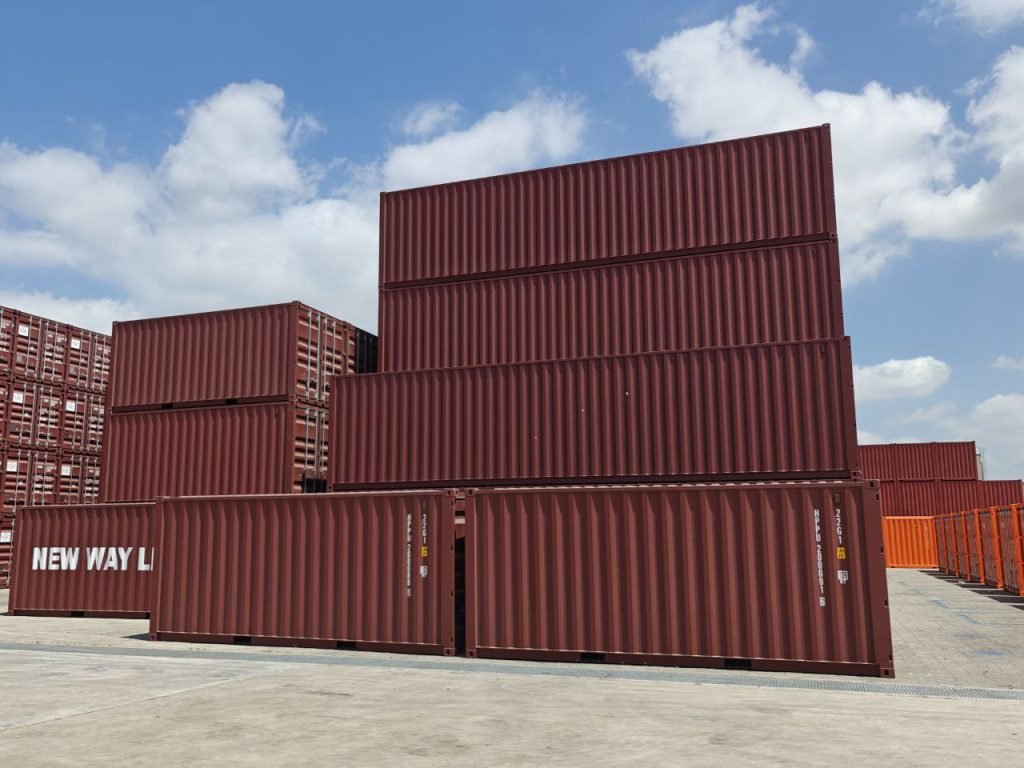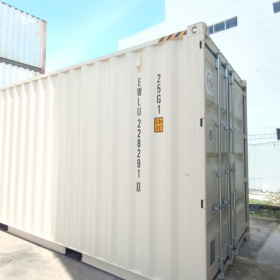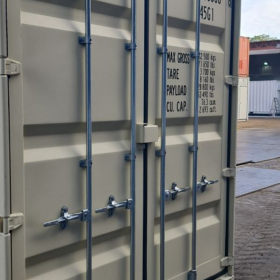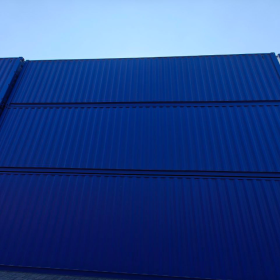Shipping Container Farming: The Next Big Thing in Urban Agriculture
In recent years, urban agriculture has gained significant traction as cities around the world strive to become more self-sufficient and sustainable. Amidst this movement, shipping container farming has emerged as a revolutionary approach to urban agriculture. This innovative method of growing food within repurposed shipping containers offers a sustainable, space-efficient, and highly productive alternative to traditional farming. As cities grapple with limited space and the environmental challenges of conventional agriculture, shipping container farming is poised to become a game-changer in the urban agriculture landscape.
The Concept of Shipping Container Farming
Shipping container farming involves the use of repurposed shipping containers as the foundation for a controlled environment agriculture system. These containers are transformed into highly efficient growing spaces, equipped with advanced technology to create optimal conditions for plant growth. The key to this method lies in its ability to control variables such as temperature, humidity, and light, which are essential for plant health and productivity.
The containers are typically outfitted with hydroponic or aeroponic systems, which use nutrient-rich water to deliver essential nutrients directly to the plants’ roots. This eliminates the need for soil and allows for faster growth rates and higher yields. Additionally, LED grow lights are used to simulate natural sunlight, ensuring that plants receive the right spectrum of light for photosynthesis.
Advantages of Shipping Container Farming
- Space Efficiency: Urban areas are often characterized by limited space, making traditional farming methods challenging. Shipping container farming offers a solution by utilizing otherwise unused or underutilized spaces, such as rooftops, vacant lots, or industrial areas. Each container can produce a significant amount of food, making it a highly efficient use of space.
- Sustainability: One of the most compelling advantages of shipping container farming is its potential for sustainability. These systems are designed to be resource-efficient, using significantly less water and energy compared to conventional farming. Additionally, the closed-loop systems minimize waste, as organic waste can be composted and reused within the system. By growing food locally, container farms also reduce the carbon footprint associated with transportation and packaging.
- Local Food Production: Shipping container farms can be established in urban centers, bringing fresh produce closer to consumers. This local food production model not only supports food security but also reduces the reliance on long-distance supply chains. As a result, communities have access to fresher, more nutritious food and can contribute to a more resilient local food system.
- Reduced Environmental Impact: Traditional farming practices often involve the use of pesticides, herbicides, and fertilizers that can harm the environment. In contrast, shipping container farming systems can operate without the need for these chemicals, as they are designed to create a controlled environment that reduces the risk of pests and diseases. This leads to cleaner, healthier produce and minimizes the impact on surrounding ecosystems.
- Year-Round Production: One of the significant challenges of traditional agriculture is the dependence on seasonal weather conditions. Shipping container farms, on the other hand, offer year-round production capabilities. By controlling the growing environment, these systems can produce crops regardless of external weather conditions, ensuring a consistent supply of fresh produce throughout the year.
Challenges and Future Prospects
Despite its many advantages, shipping container farming is not without its challenges. Initial setup costs can be high, as equipping containers with the necessary technology and infrastructure requires a significant investment. Additionally, while container farms can produce a wide variety of crops, the types of produce that can be grown may be limited compared to traditional farming.
However, ongoing advancements in technology and a growing interest in sustainable agriculture are driving innovation in this field. As the technology becomes more affordable and accessible, shipping container farming is likely to become increasingly prevalent. Governments, private companies, and urban planners are recognizing the potential of this method and are investing in research and development to address its challenges and expand its capabilities.
Conclusion
Shipping container farming represents a promising solution to the challenges of urban agriculture. Its space efficiency, sustainability, and potential for local food production make it an attractive option for cities striving to become more self-reliant and environmentally conscious. As technology continues to advance and costs decrease, shipping container farming is likely to play a pivotal role in the future of urban agriculture, transforming the way we grow and consume food in our increasingly crowded cities.






